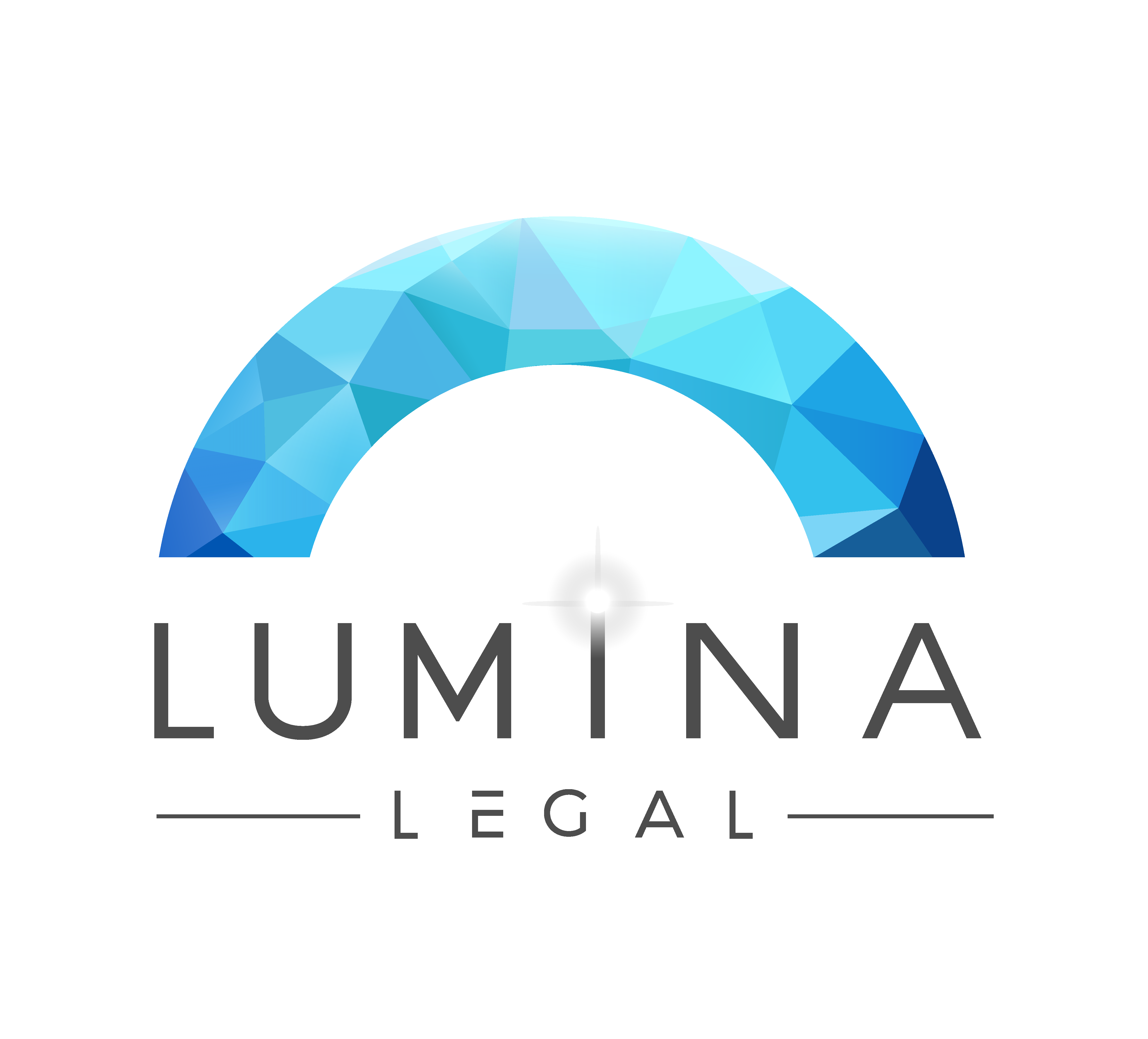Today, understanding the NDA meaning is not only advisable but imperative. This is especially true for companies seeking to safeguard their intellectual property and maintain a competitive advantage in today’s dynamic market landscape.
Hi, I’m Rocky White, a legal attorney with Lumina Legal in Seattle. With years of experience negotiating and drafting legal documents, I have helped numerous clients protect their assets and confidential information.
In this comprehensive article, we will delve into the complexities of non-disclosure agreements (NDAs), explore their various applications across industries, and highlight key considerations for effective implementation.
Join me as we navigate the complexities of NDAs and discover strategies to maximize your protection capabilities.
Understanding the basics of Non-Disclosure Agreements (NDAs)
Non-Disclosure Agreements, commonly known as NDAs or confidentiality agreements, have significant importance in legal contexts as they outline the terms under which parties share and protect confidential information.
NDA’s meaning encompasses its function primarily as a legally binding contract that protects proprietary data, trade secrets, and other confidential information from unauthorized disclosure.
In this order of ideas, these agreements establish a framework to define what constitutes confidential information, outlining the obligations of the parties involved in its management and restricting its dissemination to third parties.
In essence, NDAs summarize the commitment to maintain confidentiality and protect intellectual property rights, serving as a cornerstone in various business transactions, partnerships, and negotiations.
Benefits and limitations of Non-Disclosure agreements (NDAs)
One of the main advantages offered by Non-Disclosure Agreements (NDA) lies in their ability to safeguard confidential information, constituting a fundamental pillar of trust and security in business relationships.
By outlining the parameters of permitted use and disclosure, NDAs provide a strong legal framework that not only discourages unauthorized dissemination but also provides aggrieved parties with recourse in the event of violations.
Beyond mere protection, NDAs serve as facilitators of transparent communication, fostering an environment conducive to candid exchanges of sensitive information without the specter of exploitation or betrayal.
However, it is important to recognize the landscape surrounding NDAs, where their effectiveness can be hampered by enforceability challenges arising from ambiguous clauses or inadequate provisions.
Thus, it is incumbent on interested parties to be aware of the inherent limitations of NDAs, including, but not limited to, exceptions established for disclosures necessary by legal mandates or public interest imperatives.
Adopting a holistic understanding of these complexities allows entities to craft an NDA that strikes an optimal balance between safeguarding and adaptation, thereby strengthening the foundation of trust to build successful business collaborations.
Key components of a well-crafted Non-Disclosure agreement (NDA)
Crafting a comprehensive Non-Disclosure Agreement (NDA) requires multi-faceted consideration to ensure its effectiveness in safeguarding confidential information and outlining the rights and responsibilities of the parties involved.
Primarily, the NDA should outline in detail the identities of the contracting parties, providing clarity on their roles, responsibilities, and obligations therein.
Furthermore, the scope of confidential information enshrined in the scope of the agreement must be articulated exhaustively, covering not only tangible assets but also intangible intellectual property, proprietary data, trade secrets, and any other sensitive information deemed relevant.
Going deeper, the NDA should define the permissible purposes for which confidential information can be used, limiting its use within predefined parameters to prevent exploitation or misuse.
This involves instituting strict security measures, including encryption protocols, access controls, and restricted dissemination channels, along with outlining clear procedures for reporting and addressing cases of unauthorized disclosures or breaches.
On the other hand, the NDA should incorporate provisions stipulating the duration of confidentiality obligations, incorporating mechanisms for renewal or termination as necessary depending on evolving circumstances.
Last but not least, careful consideration should be given to the idea of mechanisms for amicable dispute resolution in cases of violations or disagreements, including mediation, arbitration, or other alternative dispute resolution mechanisms to expedite the resolution process and mitigate potential entanglements. legal.
By providing the NDA with such specific provisions and safeguards, stakeholders can build a climate of trust and transparency, thereby fostering lasting partnerships based on mutual respect and integrity.
Navigating Legal Requirements and Best Practices for Non-Disclosure agreements (NDAs)
Understanding the legal complexities of non-disclosure agreements (NDAs) requires a first understanding of the multifaceted legal landscape that governs non-disclosure agreements.
Given the dynamic nature of legal and regulatory frameworks governing the protection of sensitive information, stakeholders should conduct a comprehensive analysis of relevant laws to ensure compliance and mitigate potential legal obstacles.
In this regard, seeking advice from experienced legal professionals and experts in the negotiation and application of confidentiality agreements becomes of paramount importance.
It is important to be able to leverage the experience and insight of experienced attorneys who specialize in intellectual property law to provide interested parties with invaluable knowledge and guidance in understanding the legal requirements surrounding NDAs.
Not only that, but taking a proactive stance towards NDA management also entails regularly reviewing and updating agreements to reflect evolving business dynamics, technological advancements, and regulatory changes.
NDA meaning: Lumina Legal’s expertise in Seattle
Non-disclosure agreements (NDAs) play a critical role in protecting confidential information and building trust between parties in business transactions.
Understanding the fundamentals of NDAs, including their benefits, limitations, key components, and best practices, is essential for their effective use and application.
If you need help with legal matters related to NDAs, do not hesitate to contact Lumina Legal in Seattle. With our experience, we will help you create an NDA that adapts to your needs and allows you to generate lasting and trusting relationships with third parties. Write to us now!


Recent Comments